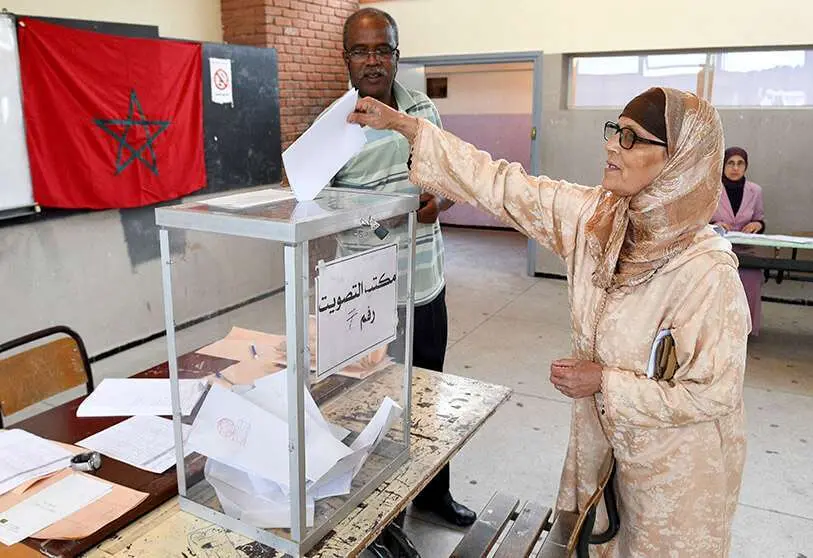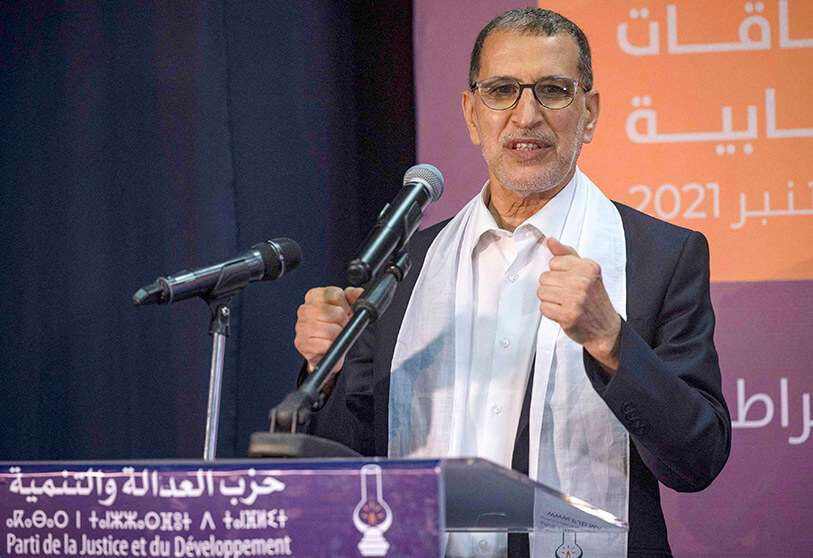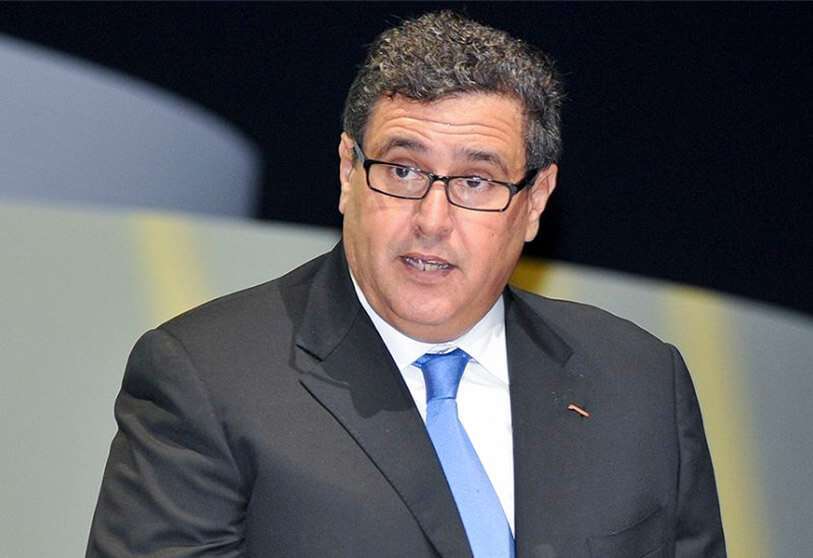Comienza con frialdad la campaña electoral en Marruecos

With 11 days to go until the legislative elections in Morocco, the electoral campaigns of the 32 parties aspiring to occupy the institutions for the next five years got underway on Thursday in a climate still marked by the pandemic. On the country's streets, there are no signs of candidates' posters or banners, nor any rallies. There is nothing to suggest that on 8 September the Alawi Kingdom will hold its third elections since the constitutional change in 2011, but contrary to some rumours of a possible postponement, unless there is a catastrophe.
The historic note of the day is that, for the first time, parliamentary, regional and local elections will coincide. All on the same day to bring all voters together in one go and minimise the spread of the virus. At stake are 395 seats in the lower house and 31,000 public offices spread across districts and provinces. This time, the dialectical combat moves entirely to the virtual stage. Health measures prevent meetings with more than 25 people in attendance, so the candidates will launch and develop their respective campaigns through online events.

Around 16 million people will have access to vote after completing the registration process for the country's 37 constituent parts, a sparsely mobilised population. The most optimistic estimate a higher turnout than in the last elections, held in 2016, in which 46% of the Moroccan electorate participated. Others, on the other hand, highlight the difficulty of distinguishing between electoral programmes and point to the absence of polarisation, thus calling into question a large turnout at the polls. For their part, the bulk of the electorate (21%) is between the ages of 35 and 44, while Moroccans between 18 and 24 account for only 8% of all voters.
In the race to take over the government there is a long list of contenders. The favourite, however, is the current prime minister, Saadeddine Othmani, who has led the government since March 2017 as a member of the Justice and Development Party (PJD). With an Islamist ideology, the party is the namesake of the party led by Turkish President Recep Tayyip Erdogan, which has been in power uninterruptedly for a decade. Today, the PJD controls at least a hundred municipalities across the country and has 5,500 elected officials in its ranks. The political force has enjoyed the invaluable support of Morocco's middle class, and in the last elections it won 125 seats, far short of a majority, forcing it to form a coalition government with junior partner the RNI (National Rally of Independents).

Led by the tycoon Aziz Akhannouch, who headed the Ministry of Agriculture and amasses, according to Forbes, a fortune of around $2 billion, the RNI aspires on this occasion to be the predominant force within the Executive after coming fourth in the last parliamentary elections. Its leader, however, will not run in the legislative elections, but will run in the local elections for mayor of Agadir. The centre-right party is close to the business community and is close to the royal family. Among its electoral promises are the strengthening of health care and the creation of one million jobs.
To the left of the PJD is the Party of Authenticity and Modernity (PAM), known as the party of the king's friends, as it was founded by the former Secretary of State for the Interior and advisor to the monarch, Fouad Ali El Himma, after the merger of five political formations. It came second in the 2016 legislative elections behind the PJD, with a total of 102 seats. Mohamed Cheikh Biadillah, former president of the House of Councillors and Minister of Health, is once again at the helm of the party.

To the right of the PJD is the Independence Party, known as Istiqlal. With strong nationalist leanings, the party was the third largest force in parliament in 2016, winning 46 seats. The party recently changed its secretary general after the departure of Hamid Chabat in the midst of a series of internal disputes. So much so that the new leader, Nizar Baraka, did not even recommend him for the local elections in Fez. Baraka, however, took over and presented a candidacy with which he is optimistic and aspires to improve on the 2016 result.
This week it was also announced that more than 4,500 accredited observers from 70 international organisations will supervise the elections in the country's 12 regions. In this way, the Alawi Kingdom will host the third elections since the new constitutional scenario inaugurated in 2011. In 2011, Morocco adopted a new Magna Carta that granted broad prerogatives to the parliament and the executive, while bringing forward the elections scheduled for 2012. A timid openness aimed at dissuading the wave of protests in the country provoked by the revolutionary outbreak of the Arab Spring. However, a decade on, key decision-making is still the task of King Mohammed VI. Morocco's triumph emanates from its iron stability, a status quo unfathomable to its neighbours.

Last March, the Moroccan Parliament approved a modification of the electoral calculation method that established a count based on registered voters and not on those who finally exercise their right to vote. A measure that could greatly influence the final result considering that in 2016 there were 5.8 million valid votes out of a total census of 15.7 million. The measure will presumably result in an equal distribution of seats among all parties. A measure, therefore, that would be detrimental to the majority parties, which is why the two main political forces strongly criticised the law.










